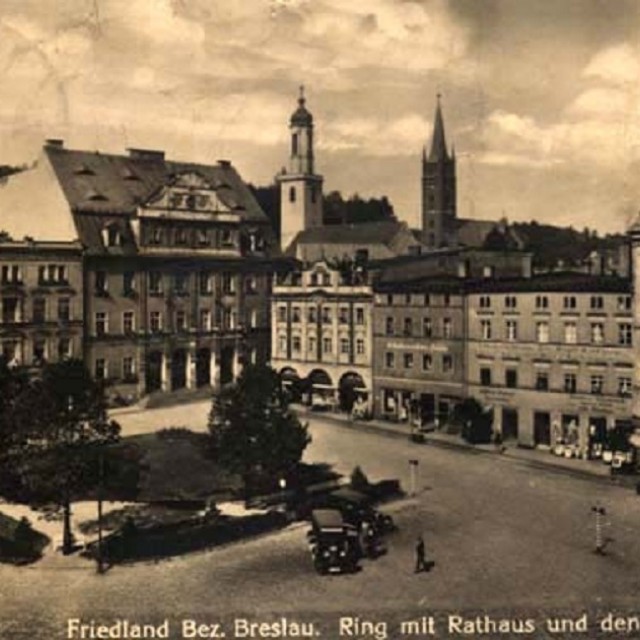In the last minute
In the spring of 1945, Felix Kolmer was transferred from Auschwitz to another large concentration camp, Gross-Rosen, and specifically to its branch which was in Friedland. This camp was only ten kilometres away from the former Czechoslovakian border. Felix Kolmer often contemplated escaping the camp since he was so close to home, but in the end he never acted on any of his plans. The prisoners in Friedland suffered from terrible hunger. “When people were dying of hunger while they were working, the commander of the camp set off with a few prisoners to the frontline which was forty kilometres away. There, they dug out the organs of dead horses, whose meat had already been eaten by German soldiers, and brought them to the camp. The intestines were cleaned and then cooked to obtain soup with at least some fat. And we would throw ourselves at the raw intestines, which were still filled with horse excrements and started to bite the fat from them. When hunger strikes, a person would do anything, to get something to eat.” On the night of May 9th 1945, the Soviet Red Army had bombarded the power station which also supplied the fence of the Friedland camp with electricity. When the prisoners noticed that the lights were out, about two hundred of them (including Felix Kolmer) took the courage and left the camp. They were running in the direction of Wałbrzych, where they met the Russian army. “On the next day, following our escape, the Red Army managed to break the frontline, so we had returned with the army to Friedland. We went to go for a look at our former camp and we found a large number of shot prisoners there. That way we realised that we had escaped in the last possible minute.”
Hodnocení
Hodnotilo 0 lidí
Routes
Not a part of any route.
Comments
No comments yet.



